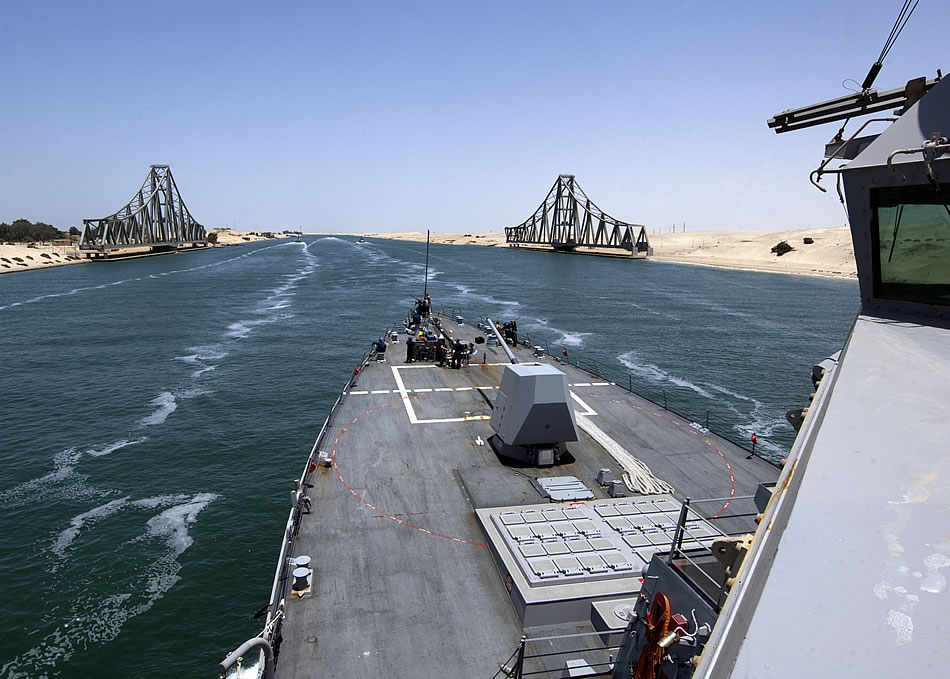Minister of Health Ahmed Emad amended the regulations for the distribution of subsidised baby formula, according to a statement issued on Sunday.
To qualify for subsidised formula, mothers who are unable to breastfeed must be examined by a doctor and receive written confirmation, the minister said. Mothers with twin babies or more are also qualified to receive subsidised formula.
Other disorders or illnesses that prevent breastfeeding, such as diabetes or high blood pressure, will also qualify the mother for the subsidy. In the case of the mother’s death, the family can still receive the subsidy.
In a meeting with his deputies, Emad said that the number of outlets that sell subsidised baby formula will increase to 1,600 outlets instead of only 1,005 by the end of this month.
The ministry has also decided to start selling the formula via smart cards.
Dozens protested in front of the Egyptian Pharmaceutical Trading Company on Thursday. Families said there has been shortage in baby formula across all outlets and that they could not afford the full-price or imported alternative in pharmacies.
Families decided to assemble at the company headquarters and block the main road, after going back and forth between the company and other retail outlets in search of the formula.
The Health Ministry said in response that the selected outlets have now changed and the formula will only be distributed through ministry outlets.
The Armed Forces said it intervened to fill the shortage of subsidised baby formula in a bid to counter the greed of traders and companies.
In a statement on Saturday, spokesperson for the Armed Forces Mohamed Samir said that this initiative began when the army noticed that “companies importing the milk monopolised the packets to sell them at a higher price—for which ordinary citizens would bear the burden”.



